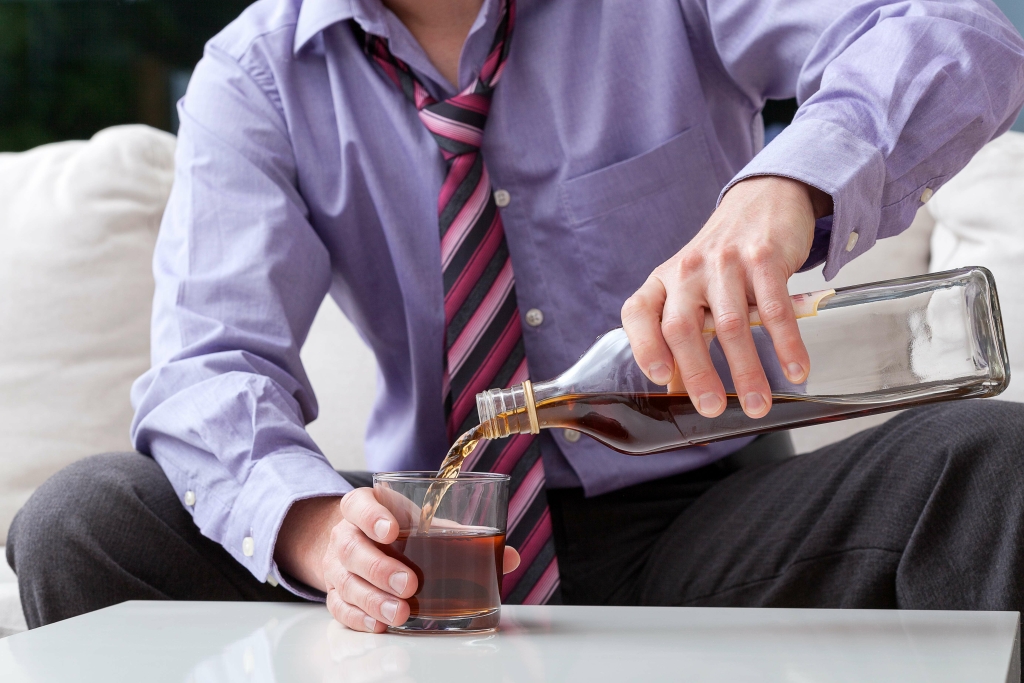Alcohol consumption affects your ability to regulate your body temperature. It also dilates blood vessels, which contributes to feelings of warmth. This phenomenon is called vasodilation, where blood vessels widen, increasing blood flow to the skin.
Stress or anxiety can exacerbate the feeling of coldness after drinking alcohol. Both stress and anxiety can trigger physiological responses that may amplify the effects of alcohol on blood vessel dilation and heat loss, leading to increased coldness. Yes, consuming excessive amounts of alcohol can exacerbate the feeling of coldness. Excessive alcohol consumption can lead to why does alcohol make me feel hot greater heat loss and a more pronounced drop in core body temperature, making you feel even colder. Yes, alcohol can make you feel warmer due to the dilation of blood vessels and increased blood flow to your skin. Instead, it creates a sensation of heat due to the increased blood flow to your skin’s surface.
How can I minimize alcohol flush?
You can now get weekly coaching support, anti-craving medications, handy digital tools, and more—all from an app on your smartphone. Yes, alcohol can contribute to dehydration as it acts as a diuretic, increasing urine production and potentially causing fluid loss. It’s a wonder that she gets any time to write about her culinary adventures. She particularly loves all types of fusion cooking, mixing the best of different food cultures to make interesting and unique dishes.
Can A Hangover Cause Flu Like Symptoms?
Capsaicin, the chemical in chilli peppers, interacts directly with the heat receptor, mimicking a high-temperature food or drink. Ethanol, on the other hand, makes the receptors more sensitive to heat, so they turn on at a lower temperature. Sunset Alcohol Flush Support is a natural supplement that works specifically to reduce all of these symptoms, including a stuffy nose after drinking alcohol.
- But the hallmark symptom of alcohol intolerance is flushing of the skin of the chest, neck and face.
- Alcohol poisoning unfolds when the body’s delicate equilibrium is disrupted by an overwhelming surge of alcohol.
- Agave and fruits such as apples and grapes are also high in fructose, as one article noted.
- While this red flushing usually happens on the face and cheeks, it can actually appear all over the body, such as neck, chest and arms.
- While a hangover can bring about various discomforts, having an actual fever isn’t typically one of them.
Impacts brain
People experiencing alcohol withdrawal relating to alcohol dependency should consider seeking urgent medical attention. A doctor can provide information and guidance on how to avoid alcohol. People experiencing mild night sweats from occasional alcohol consumption may find relief using home remedies. Inconsistent flush reactions can be due to various factors, including alcohol type, quantity consumed, and individual tolerance. Hot flashes after drinking can be normal for some individuals, but excessive or persistent flushing might indicate an underlying issue. Whiskey may provide temporary relief from specific cold symptoms, but it’s generally not advisable to consume alcohol when sick.

This can often seem to happen out of nowhere and can be quite alarming. This article breaks down what might be causing your symptoms—like redness, nausea, or breathing issues—after drinking. We’ll explore potential triggers such as new health issues, medication interactions, or aging, and explain the difference between alcohol intolerance and allergies. Plus, get practical suggestions on managing these reactions, whether it’s adjusting your diet, medication, or alcohol intake. If you’re concerned about sudden alcohol intolerance, this guide has the answers you need.
Can drinking alcohol make me sweat more?

That way, you can have alcohol — if you want to — without feeling sick. When mixed with alcohol, they can cause a buildup of acetaldehyde, a toxin that makes you feel flushed, sick, and ready to swear off alcohol altogether. An April 2013 study found a drug called Nalmefene to be a potential new treatment option for alcohol abuse. Researchers in Germany found Nalmefene to be an effective and safe tool for reducing alcohol consumption in alcohol-dependent individuals.
What alcohol consumption really does is disrupt your ability to regulate your body temperature. This can mean releasing needed heat https://fitgress.com/how-long-do-mushrooms-stay-in-your-system-national/ through sweating, and even blocking shivering when it’s cold, making it harder to warm up. Yet ethanol is not always perceived as pleasant; it can be quite bitter. If ethanol is given over time rats show increasing “tasty” responses in their mouth and facial expressions. This suggests that the opioid receptors mediate how much we like alcohol.

Alcohol can cause a histamine reaction, similar to an allergic response
By delving into the science behind flushed skin and overheating, we can better understand our body’s response to alcohol consumption. We’ll explore how alcohol impacts everything from our blood vessels and hormone levels to our hydration and blood sugar. Drinking alcohol also causes blood vessels in your skin to dilate (widen). This results in increased blood flow to the skin, which can also give a sensation of warmth.
Fluctuations in blood pressure
- Both stress and anxiety can trigger physiological responses that may amplify the effects of alcohol on blood vessel dilation and heat loss, leading to increased coldness.
- Melody is here to help as you adjust to a life with less (or no) alcohol.
- Therefore, having a hangover symptom of sweating can further dehydrate your body, leading to additional hangover symptoms from dehydration.
- Usually, your blood vessels constrict in lower temperatures in order to direct blood to your vital organs, Simon said.
Kara Andrew, RDN, LDN, is the Alcoholics Anonymous director of health promotion for Memorial Hospital in Carthage, Illinois. She is also licensed as an exercise physiologist and certified in lifestyle medicine by the American College of Lifestyle Medicine. Her experience includes corporate wellness, teaching for the American College of Sports Medicine, sports nutrition, weight management, integrative medicine, oncology support, and dialysis. As our stomach is not equipped to process alcohol, your liver is the one that’s going to break it down to be digested. This is also why you need to lessen your alcohol content if you have liver problems. Moreso, large quantities of wine can trigger the body’s defense mechanism.
Who might have alcohol intolerance?
Alcohol can have a significant impact on the body’s temperature regulation, and this is noticeable both when we consume alcohol and also during the hangover or withdrawal phase. When we drink alcohol, it can often feel like our mouths are experiencing a warm or even hot sensation. This is because alcohol is a vasodilator, meaning it causes blood vessels to relax and widen. As a result, there is increased blood flow, which can lead to a feeling of warmth or even flushing of the skin. This is particularly noticeable in the face and neck areas, and for some people, it can be an uncomfortable sensation. The burning sensation when swallowing alcohol is due to the alcohol coming into contact with sensitive nerve endings in the mouth and throat.
